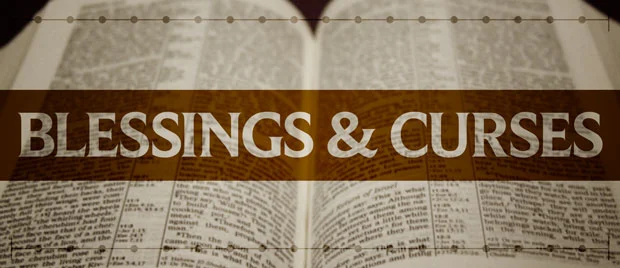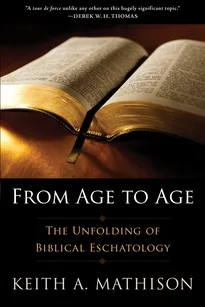Blessings and Curses

Deuteronomy 27–30 is important for an understanding of biblical eschatology because it contains God's pronouncement of the blessings that will result from obedience to the stipulations of the Mosaic covenant and the curses that will result from disobedience (cf. Lev. 26). In chapter 27, Moses commands the people to set up plastered stones at Mount Ebal upon which they are to write all the words of the law (vv. 1–8). After the people enter the land, six of the tribes are to stand on Mount Gerizim and six are to stand on Mount Ebal (vv. 11–13). The Levites are then to recite a summary of the curses of the covenant (vv. 14–26). Chapter 28 outlines in great detail the blessings for obedience to God's covenant stipulations (vv. 1–14) and the curses for disobedience (vv. 15–68). Among the curses is the ultimate punishment, namely exile from the land (vv. 36, 64–65).
The lengthy recitation of blessings and curses is followed in chapters 29–30 by Moses' third major address to the people. In this final address, he reminds them of all that God has done for them and appeals for covenant faithfulness (ch. 29). He then places before them a choice between life and death and demands a decision (ch. 30). In his final address, Moses foresees that the people will not remain true to God and that the curses of the covenant, including exile, will ultimately fall upon them (cf. 30:1). But he also foresees that Israel will eventually repent and be restored from exile (vv. 2–10).1 This foreseen restoration from exile, however, raises an important question. McConville explains:
Deuteronomy 30:2–3 pictures the people's repentance in exile, which in turn precipitates a restoration of their fortunes, here explicitly involving a return to the land. This structure immediately raises the question how that new restored situation might be any different from the old, the one that had had such wretched and apparently inevitable results.2
In other words, even if Israel repents and is restored from exile, what is to prevent the entire cycle of disobedience and curses from occurring again?
An answer to the problem is found in Deuteronomy 30:6 where Moses declares, "And Yahweh your God will circumcise your heart and the heart of your offspring, so that you will love Yahweh your God with all your heart and with all your soul, that you may live." What God had commanded in Deuteronomy 10:16, he promises that he himself will do in 30:6. The answer to the problem of Israel's stubborn infidelity ultimately rests in God himself. "He will somehow enable his people ultimately to do what they cannot do in their strength, namely, to obey him out of the conviction and devotion of their own hearts."3 God's promise to circumcise their hearts anticipates the promise of a new heart and new covenant found in the prophets (Jer. 31:31–34; Ezek. 36:22–28). In effect, God is telling Israel in Deuteronomy that she cannot in her own strength obey the very law that he is giving her. Because of Israel's stubborn self-confidence, however, this is something that she will have to learn the hard way.
This article is part of the The Unfolding of Biblical Eschatology collection.



